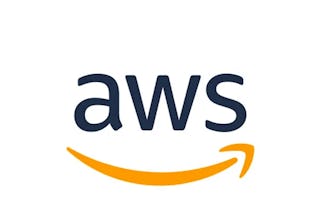The cloud is taking business by storm. In fact, due to the extraordinary growth of the cloud, it has been described as a tornado, not a fluffy white floating object!
Commercial research analysts consider cloud as one of the most significant trends with a potential to change the whole global IT industry. Governments, including those in the US, Britain, and Australia, have cloud-first policies now in place which mandate cloud over non-cloud services in ICT procurement. But CIOs and other senior executives, while it's on the majority of their agendas, aren't sure what it really means for their organisations - how to leverage the benefits, control the commercials, manage the business risk, and adapt their organisations. While it is important to set requirements, negotiate commercials (terms, service level agreements, and pricing), and sign the contract - it is also critical that we develop a clear plan for ‘Moving to the Cloud’ which realigns our business architecture, organization and most importantly our people. This course provides the answers that management must know to be successful and realise the benefits: • Where should I go cloud? • What are the commercials? • Where is my leverage? • How do I realign my business practices and architecture? • How do I gear up my people and structure my organisation? View the MOOC promotional video here: http://tinyurl.com/hvtz2ph
















